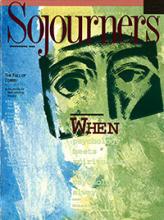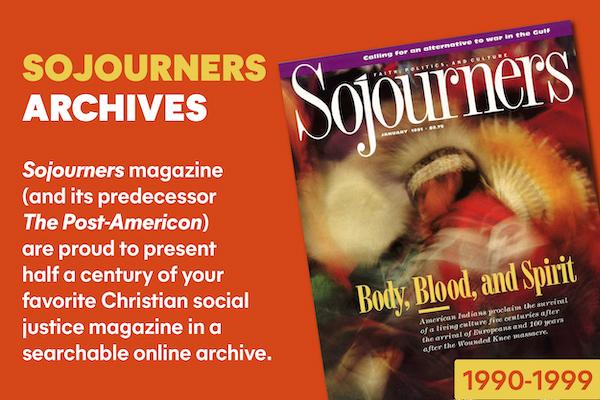Childhood sexual abuse is an all-too-common occurrence in our society. Approximately one out of three women and one out of seven men were sexually abused before the age of 18.
This abuse may have consisted of such behaviors as making lewd remarks, fondling, not allowing the child privacy, showing the child pornography, relating to the child or a sibling in a seductive manner, or forcing the child to engage in oral sex or sexual intercourse. The abuse may have involved physical force or threats, or it may have been coercive, but the difference in age and power assure that any sexual abuse is an act of violence against a child.
Sexual abuse does not have to involve physical force or penetration to be seriously damaging. The term sexual abuse includes cases of incest -- where the perpetrator is a family member, perhaps a parent, sibling, stepparent, or other relative, or an authority figure on whom the child depends -- as well as instances in which the perpetrator is a stranger, an unrelated person, or a non-parental figure.
Adult survivors often perceive themselves as leading double lives. On the outside, survivors present a carefully constructed imitation of a person whose self-esteem is intact in order to survive and function in the world. On the inside, until a survivor is well into recovery work, she or he typically harbors nagging self-doubts and feelings of being different. The pain of sexual abuse is often concealed by secrecy and shame. And additionally, the survivor may experience loss of memory or a need to minimize or to deny the abuse.
Read the Full Article

